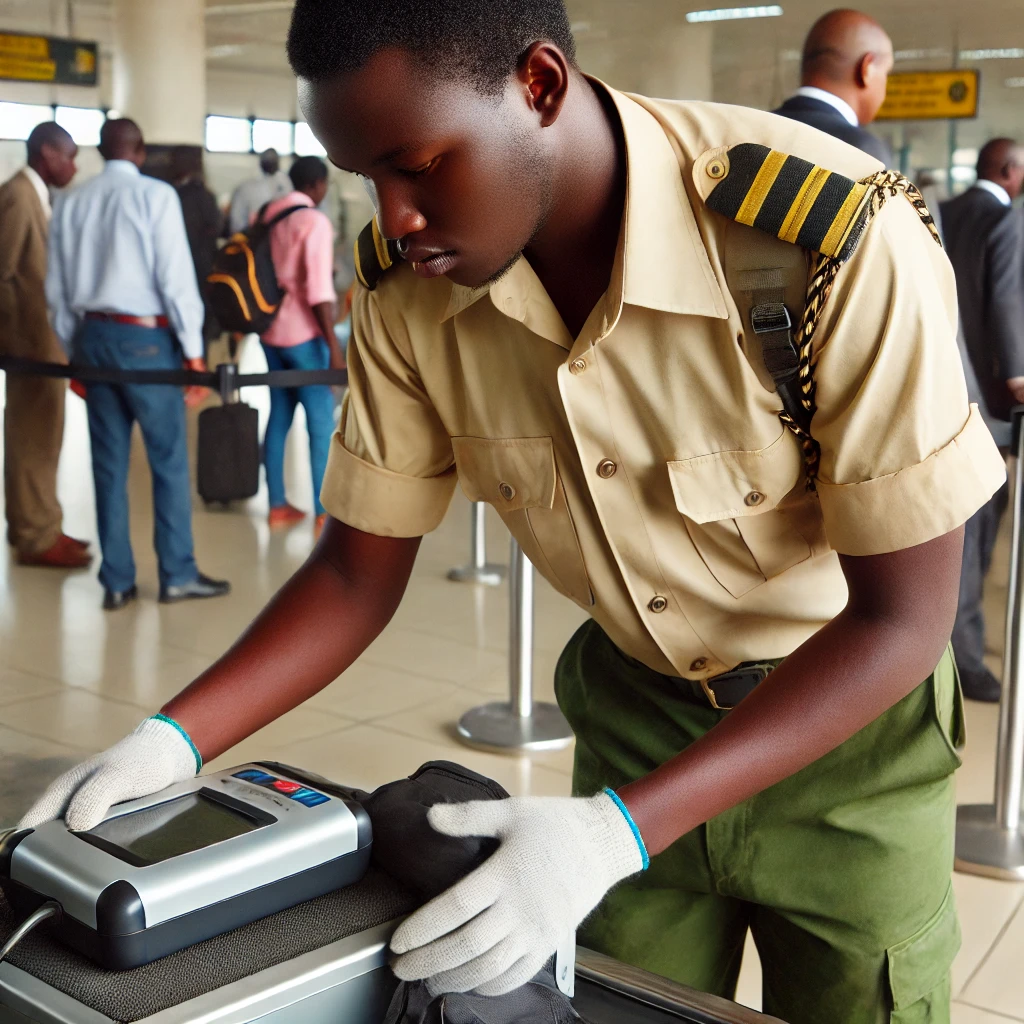Professional Assistance
Security firms stand as bastions of protection, safeguarding individuals, assets, and information. But who guards the guardians? The irony of security firms needing robust security measures themselves is not lost on industry professionals. The potential consequences of a breach – compromised client data, stolen equipment, and reputational damage – are significant. This article explores the multifaceted security measures employed by reputable security firms to ensure their own integrity and effectiveness.


1. Rigorous Personnel Screening and Training:
The foundation of any security operation lies in the trustworthiness of its personnel.
Licensing and Certifications: Security personnel should hold relevant licenses and certifications, demonstrating their competency and adherence to industry standards.
Background Checks: Comprehensive background checks, including criminal records, credit history, and employment verification, are standard practice. This ensures that only individuals with impeccable integrity are entrusted with sensitive responsibilities.
Psychological Assessments: Some firms utilize psychological assessments to evaluate candidates’ suitability for high-stress security roles, identifying potential red flags.
Extensive Training: Initial and ongoing training programs are crucial. These programs cover legal and ethical considerations, conflict resolution, emergency response, and specialized security protocols. Regular refresher courses ensure that personnel remain up-to-date with evolving threats and best practices.
2. Physical Security Measures:
Security firms must protect their own assets and facilities.
Surveillance Systems: Comprehensive surveillance systems, including CCTV cameras and alarm systems, monitor activity and provide real-time alerts.
Access Control: Strict access control measures, such as biometric scanners, keycard systems, and surveillance cameras, are implemented to restrict entry to authorized personnel only.
Perimeter Security: Robust perimeter security, including fences, gates, and motion sensors, deters unauthorized access.
Secure Storage: Sensitive documents, equipment, and client information are stored in secure, access-controlled areas.
3. Information Security and Cybersecurity:
In today’s digital age, protecting sensitive information is paramount.
Secure Communication: Secure communication channels are used for transmitting sensitive information.
Data Encryption: Client data and internal records are encrypted to prevent unauthorized access.
Firewalls and Intrusion Detection Systems: Robust firewalls and intrusion detection systems protect against cyberattacks and unauthorized access to networks.
Regular Security Audits: Regular security audits and vulnerability assessments are conducted to identify and address potential weaknesses.
Data Loss Prevention (DLP): DLP systems are implemented to prevent sensitive data from leaving the organization’s control.
Employee Training on Cybersecurity: Employees are trained on cybersecurity best practices, including recognizing phishing scams and maintaining strong passwords.

4. Operational Security:
Operational security involves implementing procedures to mitigate risks during daily operations.
Auditing procedures: Regular auditing of security procedures is essential to maintain a high level of security
Vehicle Tracking and Monitoring: Security vehicles are equipped with GPS tracking and monitoring systems to ensure accountability and safety.
Incident Reporting and Response: Clear incident reporting and response protocols are established to ensure timely and effective action in the event of a security breach.
Emergency Preparedness: Emergency preparedness plans are developed and regularly practiced to ensure that personnel are prepared to respond to a variety of threats.
Background checks on vendors: Vendors who have access to sensitive information or locations must also undergo background checks.


